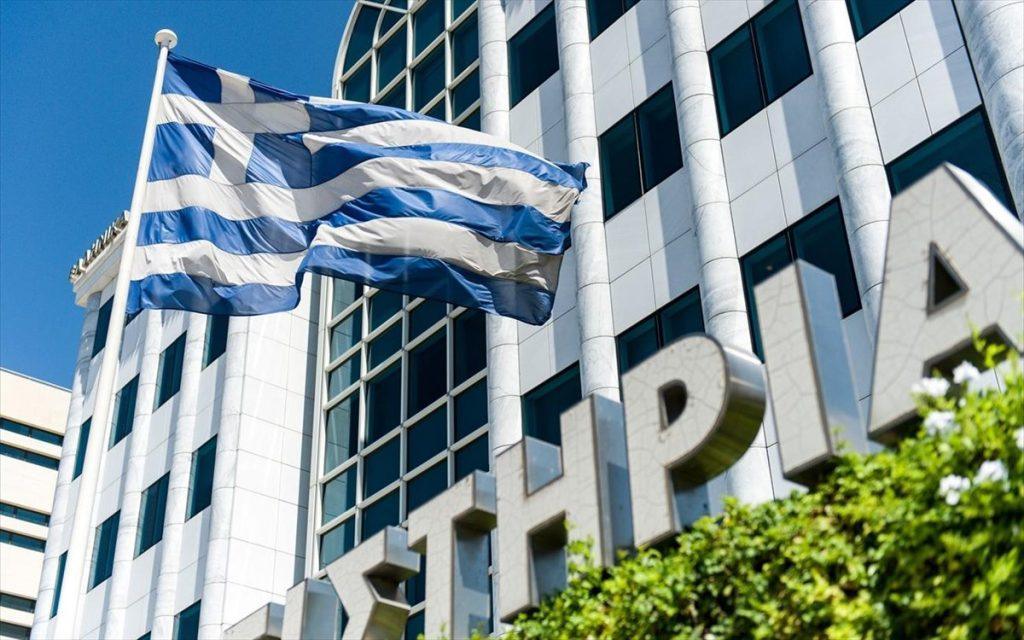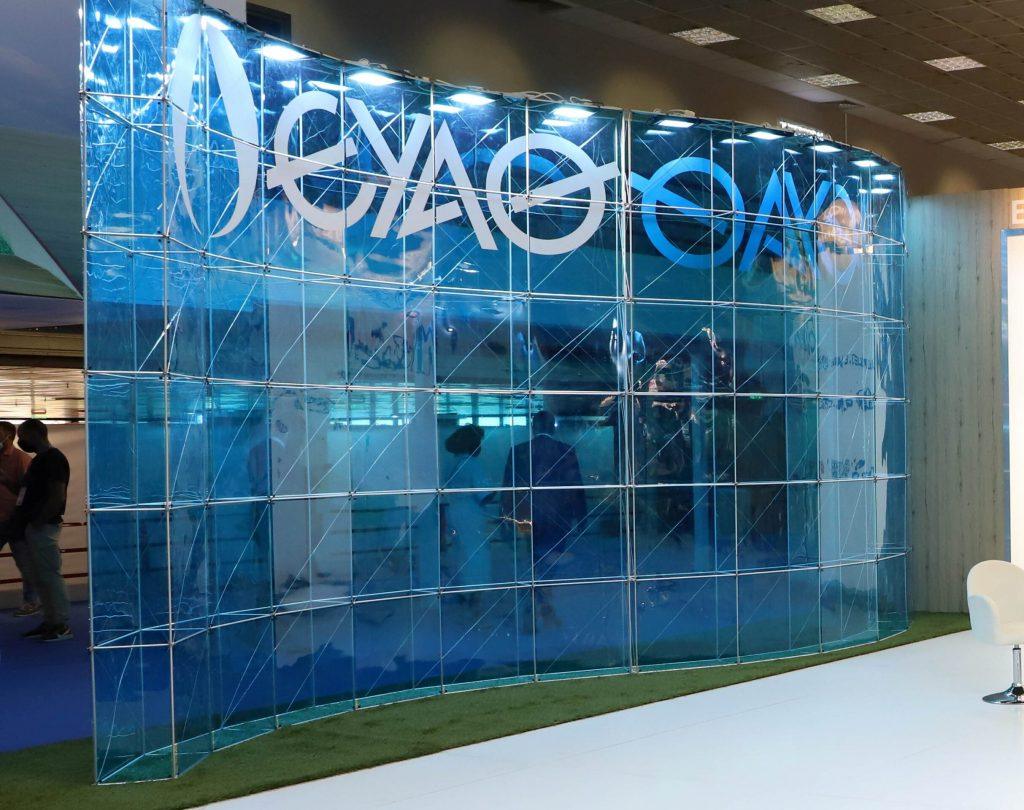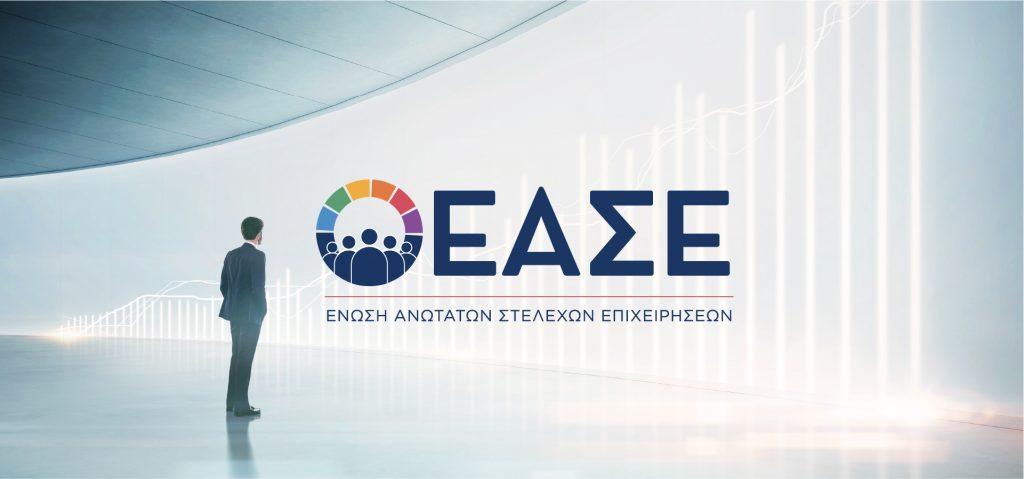The “revelations” about the “end of resilience to the climate crisis” were made through the text of the tax bill that was put up for public consultation.
In particular, according to what is mentioned in the bill, for the period from March to October, the entire resilience fee will be imposed on hotel businesses and a reduced rate for the period of November-February, according to the tax bill that was submitted to public consultation while it is extended to short-term rental properties and for villas (detached houses over 80 sq.m.) whose tenants will pay the maximum amount (10 euros per day).
With the provisions of the draft law, the requests of the hoteliers seem to be partially satisfied, although their request for the imposition of the fee on all businesses involved in the tourism chain remains “unanswered”. As can be seen from the bill, winter tourism will also be charged with a reduced fee.
As stated in article 53 of Law 4389/2016 (A’ 94), on the residence tax, it is replaced by a new one that provides for the imposition of a resilience fee to the climate crisis. The fee of up to ten euros per day is imposed on all villas as it is stated that “if the properties available through short-term lease are single-family houses of more than eighty (80) square meters, a durability fee of ten (10) euros is imposed”.
In particular, the bill states, among other things:
The climate resilience fee is imposed per daily use and per room or apartment, during the months of March to October, as follows:
a) For main hotel accommodations:
1-2 stars, one and a half (1.50) euros,
3 stars, three (3.00) euros,
4 stars, seven (7.00) euros,
5 stars, ten (10.00) euros,
In rented furnished rooms – apartments the fee is one and a half (1.50) euros while in properties available through short-term lease one and a half (1.50) euros, If the properties available through short-term lease are single-family houses over eighty (80) sq. m., a resistance fee of ten (10) euros is imposed.
As for self-catering accommodation – tourist furnished mansions (villas) it is set at ten (10) euros.
The winter season
During the months of November to February the amounts are defined as follows:
For main hotel accommodation
1-2 stars, fifty cents (0.50) euros,
3 stars, one and a half (1.50) euros,
4 stars, three (3.00) euros,
5 stars, four (4.00) euros,
In rented furnished rooms – apartments, the amount is set at fifty cents (0.50) euros,
In properties available through short-term lease, fifty cents (0.50) euros, while if the properties available through short-term lease are single-family houses of more than eighty (80) square meters, a durability fee of four (4) euros is imposed,
In self-catering accommodation – tourist furnished mansions (villas) it amounts to four (4) euros.
How is the fee collected
It is also noted that the climate crisis resilience fee is borne by the resident, who used the room or apartment, it is imposed after their stay in the accommodation and before their departure from it, with the issuance of a special element – proof of climate crisis resilience fee collection , by businesses and is attributed by them to the Tax Administration with monthly statements.
The declarations are submitted until the last day of the month following that of the issue of each special element – proof of collection of the climate crisis resilience fee.
The special element – proof of collection of the climate resilience fee is not subject to VAT. The above fee is not imposed in case of free provision of accommodation services by the above debtors.




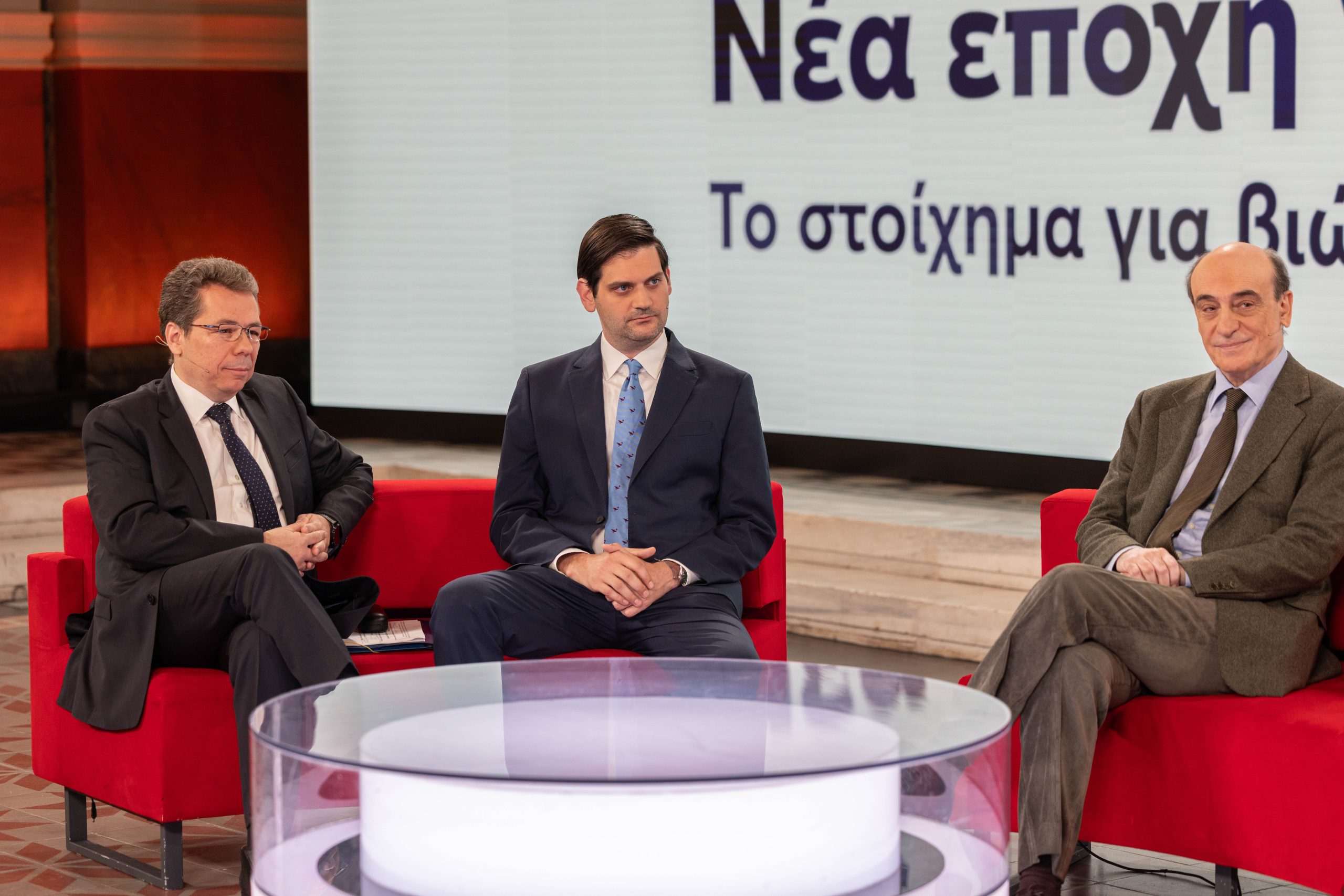

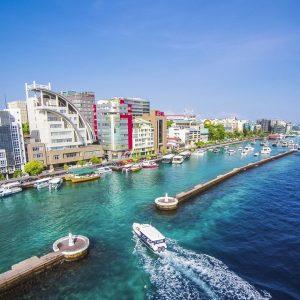

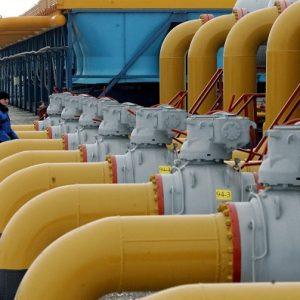

![ΟΤ Forum – Εξάρχου [AKTOR]: Μεγάλο ενδιαφέρον από ξένους που θέλουν να επενδύσουν στην Ελλάδα](https://www.ot.gr/wp-content/uploads/2025/05/ot_Exarchou-300x300.png)

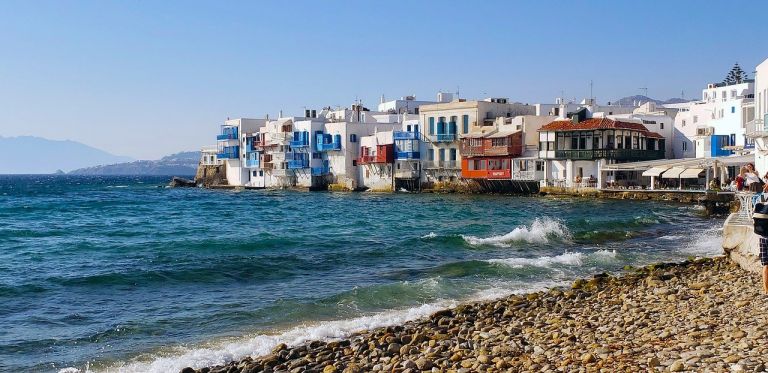




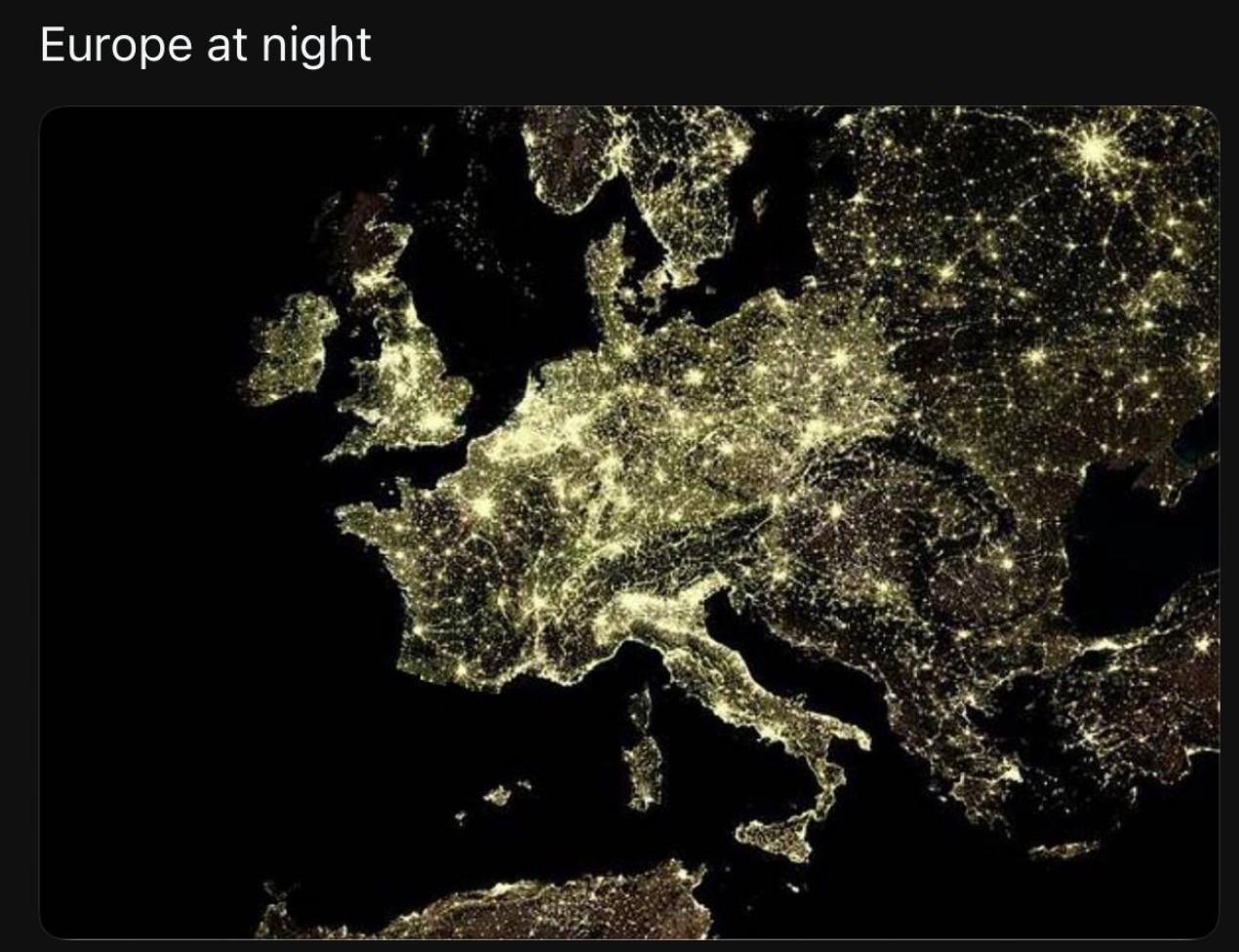

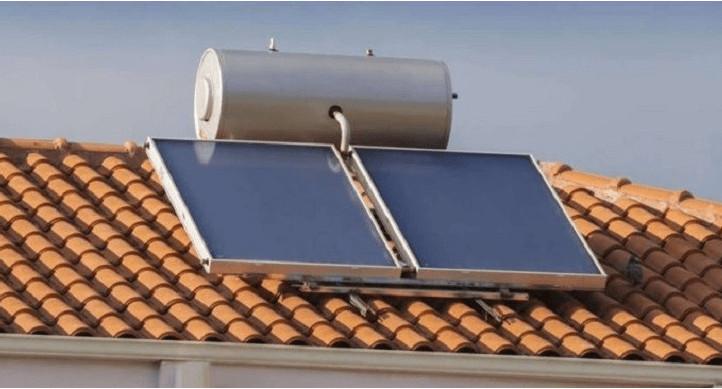







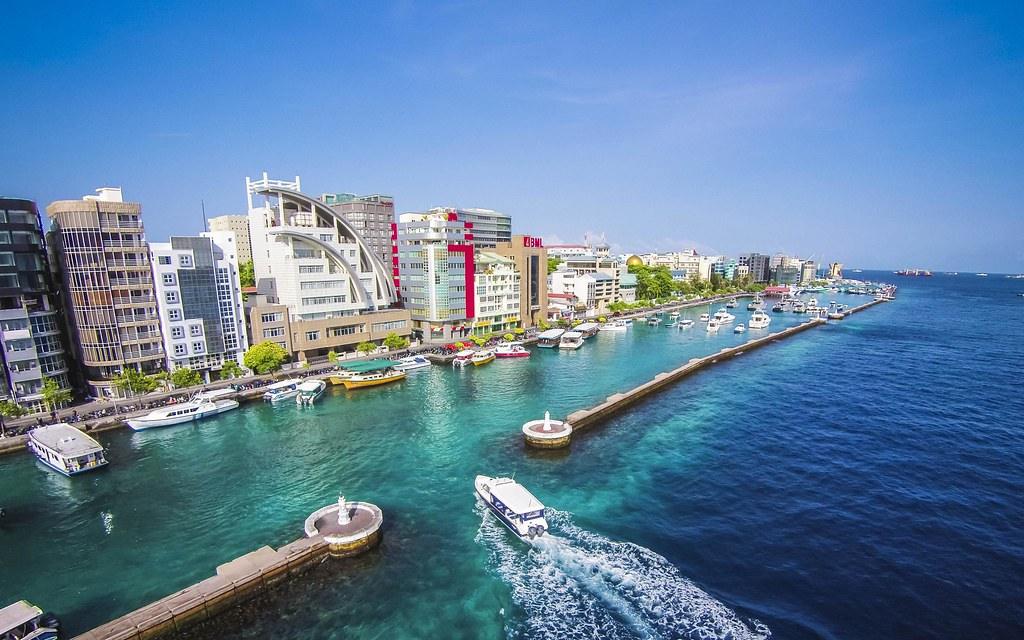
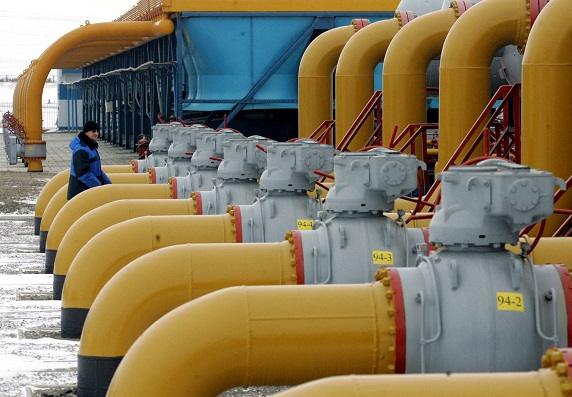
![ΟΤ Forum – Εξάρχου [AKTOR]: Μεγάλο ενδιαφέρον από ξένους που θέλουν να επενδύσουν στην Ελλάδα](https://www.ot.gr/wp-content/uploads/2025/05/ot_Exarchou.png)
